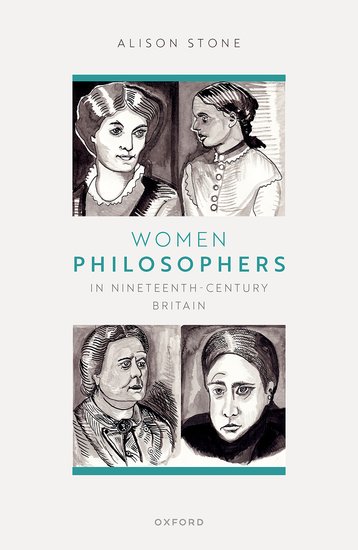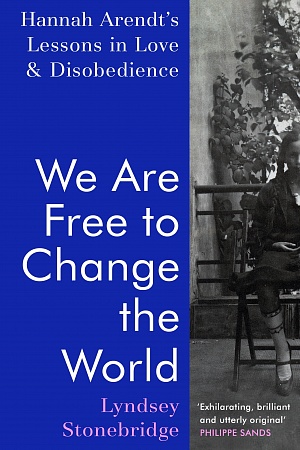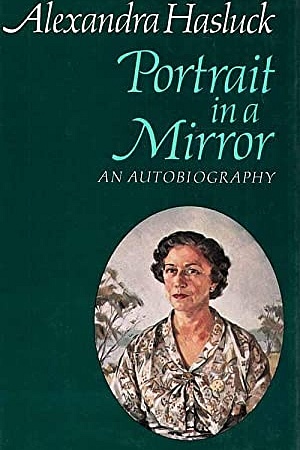Women Philosophers in Nineteenth-Century Britain
Oxford University Press, £72 hb, 290 pp
Disappearing ink
Ask anybody to name a philosopher and, chances are, if they can name one, it will be a man. Ask them to name a nineteenth-century British philosopher and they may be stumped, but if they can name one, it will be a man. This book on nineteenth-century women philosophers thus delves into the intersection of two areas of general ignorance.
Women have been virtually absent from the history of philosophy. Nevertheless, a growing impetus to reveal what was written in their ‘disappearing ink’, to use the late Eileen O’Neill’s phrase, has resulted in the works of some early modern women being re-edited and appreciated as insightful contributions to philosophical debates. Alison Stone mentions Elizabeth of Bohemia, Margaret Cavendish, Anne Conway, and Catharine Trotter Cockburn as having been rediscovered, but, as she notes, nineteenth-century women continue to be absent from standard histories of philosophy.
That history is closely tied to the history of academies and universities, from which women were, until recently, usually excluded. Male philosophers were beneficiaries of a university education – Rousseau a notable exception – and many were university teachers, their status as philosophers conferred by their institutions. Women, not admitted to higher education, were rarely accorded the status of ‘philosopher’. Yet, as Stone demonstrates, a significant cohort of nineteenth-century women participated in philosophical debates, publishing articles in generalist, intellectual magazines and popular books. Many published both in their own names and anonymously, and engaged in philosophical discussion in private correspondence with women and men. Rediscovering women’s contributions to philosophy in the nineteenth century involves moving beyond the academy and acquiring an appreciation of their participation in more generalist philosophical debates.
Continue reading for only $10 per month. Subscribe and gain full access to Australian Book Review. Already a subscriber? Sign in. If you need assistance, feel free to contact us.















Leave a comment
If you are an ABR subscriber, you will need to sign in to post a comment.
If you have forgotten your sign in details, or if you receive an error message when trying to submit your comment, please email your comment (and the name of the article to which it relates) to ABR Comments. We will review your comment and, subject to approval, we will post it under your name.
Please note that all comments must be approved by ABR and comply with our Terms & Conditions.